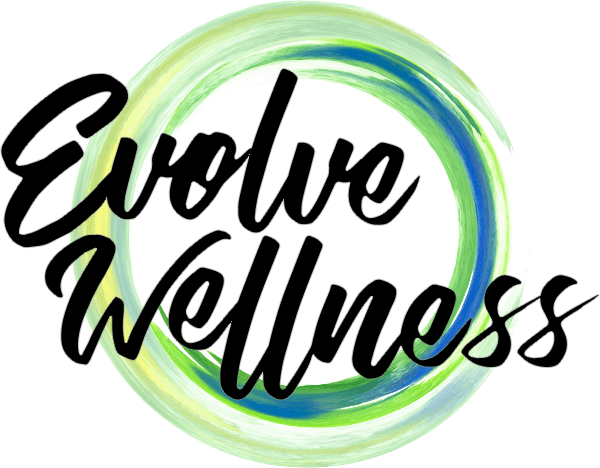
Grieving What We Can’t Hold: Making Space for Intangible Loss
Author:
Portia Goyette, LMFT
Date Published:
• 1 min readWhen we hear the word grief, most of us immediately think of death—the loss of a loved one, the ache of someone no longer here. But grief isn’t limited to the passing of people. Sometimes, we grieve things that never had a funeral, never had a name, never got acknowledged at all.
This is the realm of intangible loss—the quiet, often invisible experiences of grieving something that’s hard to point to, but deeply felt.
- Maybe it’s the version of your life you thought you'd be living by now.
- The relationship that slowly unraveled without dramatic endings.
- The sense of safety you lost after a trauma or major life transition.
- The community you left behind when you moved to a new place.
- The dreams that no longer fit who you’ve become.
These are real losses.
And yet, because they don’t come with sympathy cards or casseroles, we often don’t give ourselves permission to mourn them. We minimize, push through, or tell ourselves to “be grateful for what we do have.” While gratitude can be a healing force, it can’t replace the very real need to grieve.
Here’s the truth: you’re allowed to grieve what didn’t happen.
You’re allowed to miss things that were never fully formed.
You’re allowed to feel sorrow over the subtle, shifting losses that come with change, growth, and life just… unfolding differently than you expected.
Grieving intangible losses can be disorienting because there’s no clear marker of when they began or how to process them. But healing begins with naming. And it deepens with compassion.
So, if something inside you feels heavy—if you're carrying a sadness you can’t quite explain—it might be grief. And that grief deserves your attention.
You don’t have to go through it alone.
As a therapist, I hold space for all forms of grief, including the ones that don't often get spoken aloud. Together, we can honor what’s been lost—and gently explore what healing might look like.
Sonder
2 min readSonder is the profound realization that each random passerby is living a life as vivid and intricate as yours

What do we do when the weight of the world overwhelms us? Take a breath, take a break, and remember: you can still care without carrying it all.
